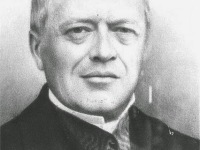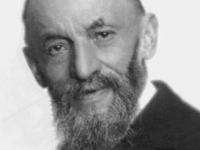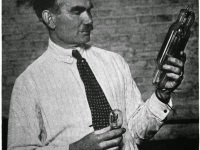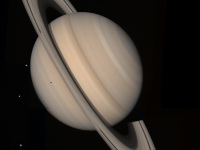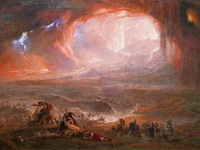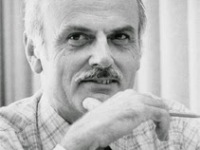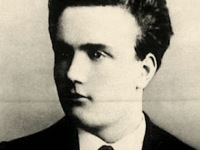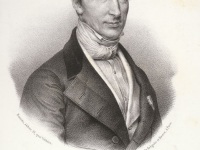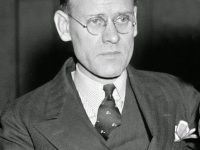Antoine Cournot and the Mathematical Theory of Economics
On August 28, 1801, French philosopher and mathematician Antoine-Augustin Cournot was born. He is considered being the first economist who applied mathematics to the treatment of economic questions. In 1838, he published Recherches sur les principes mathématiques de la théorie des richesses (Researches into the Mathematical Principles of the Theory of Wealth) which was a treatment of mathematical economics. “So far we have studies how, for each commodity by itself, the law…
Read more











